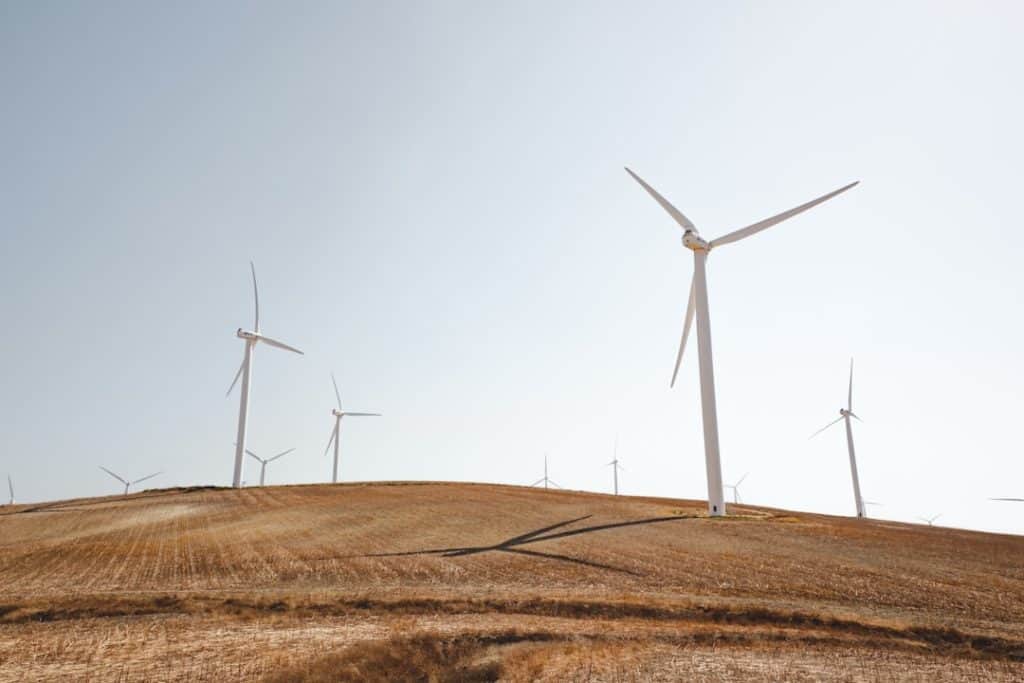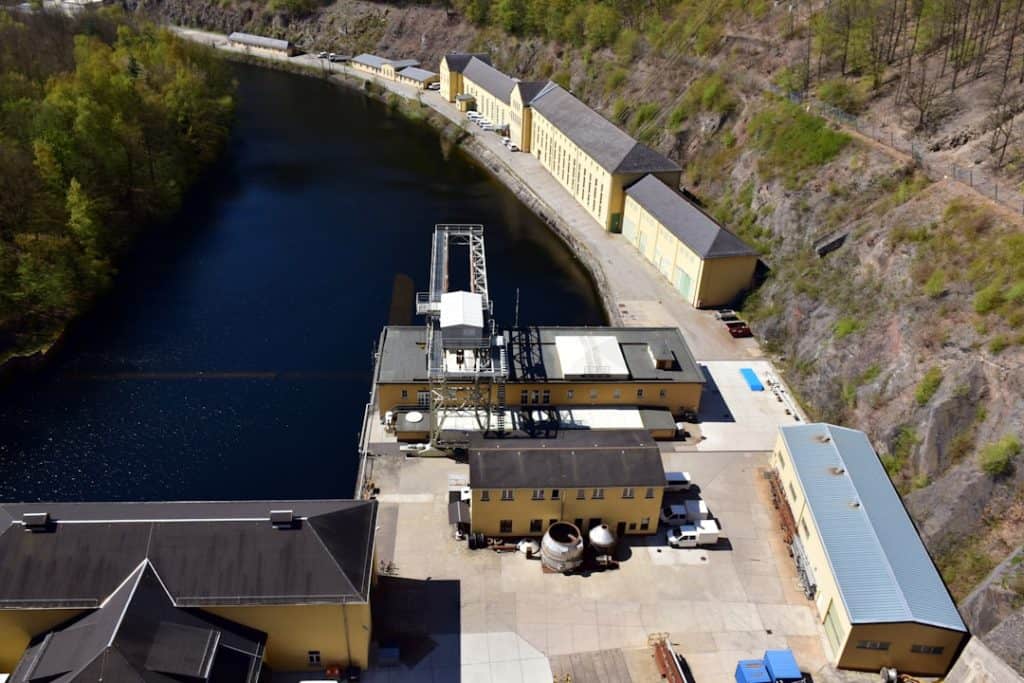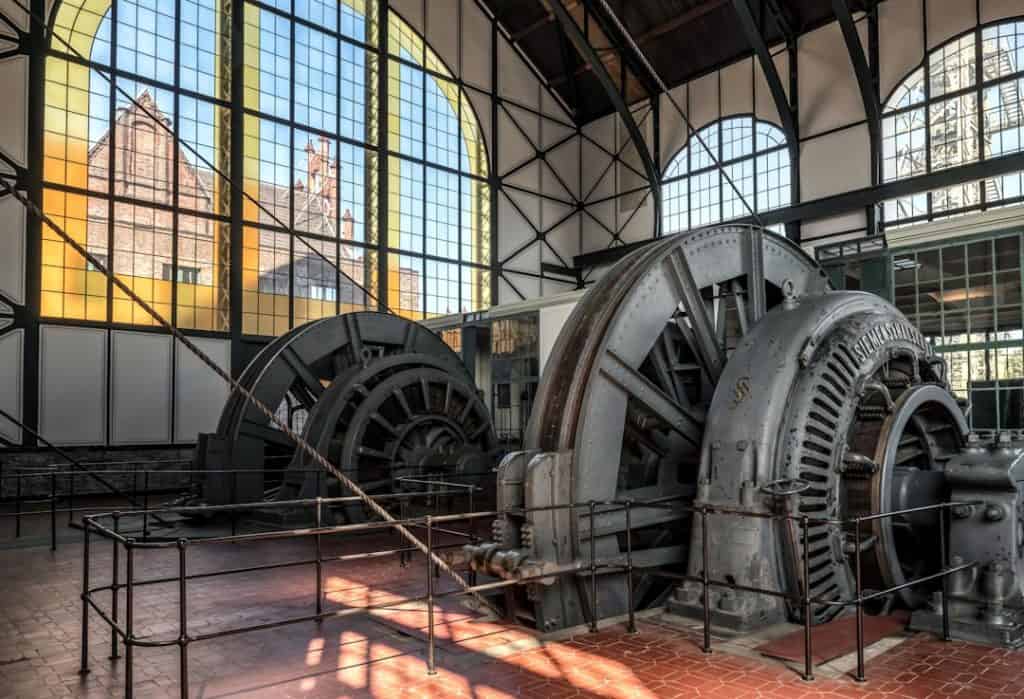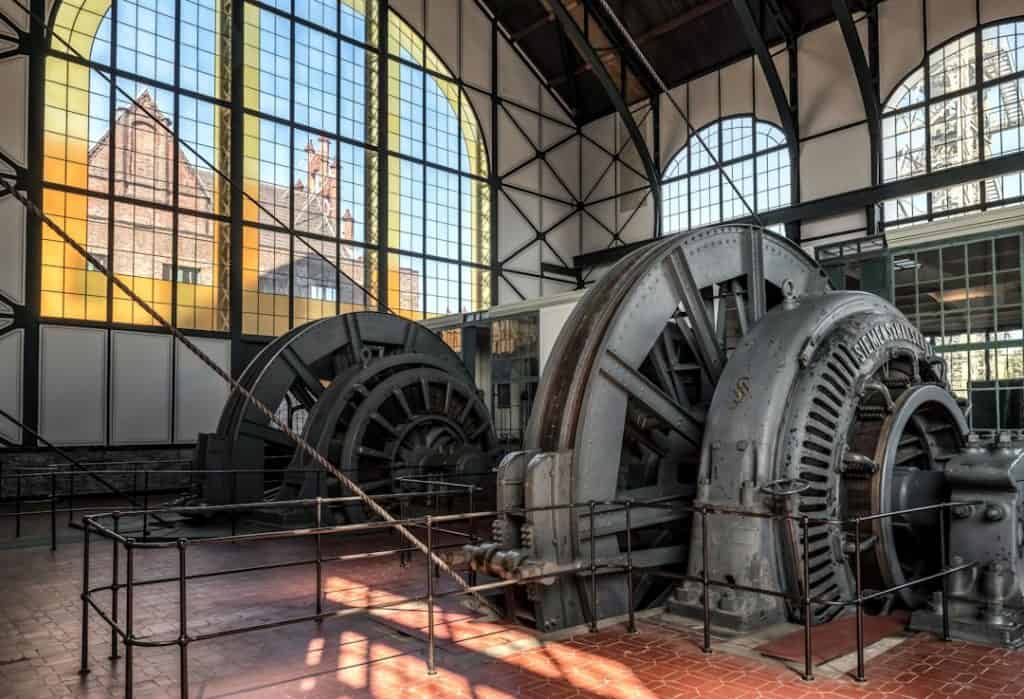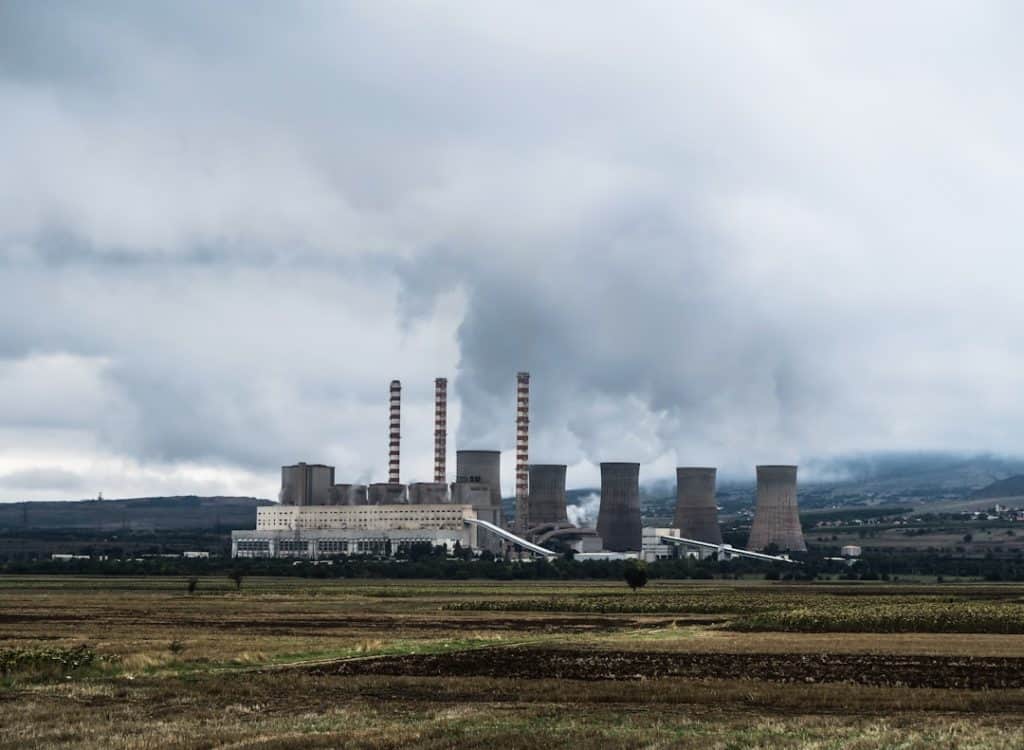Diesel generators are devices that convert the chemical energy of diesel fuel into electrical energy. They consist of a diesel engine and an electric generator. The working principle is based on the combustion of diesel fuel in the engine cylinders, which drives a shaft connected to a generator that produces electricity.
These generators are used as primary or backup power sources in various situations. The most common applications include:
1. Backup power for critical facilities such as hospitals and data centers
2.
Supplying electricity to remote areas without access to the electricity grid
3. Temporary power supply at construction sites and outdoor events
4. Emergency power supply during natural disasters and emergency situations
Diesel generators are available in a wide range of capacities, from small portable units to large stationary systems.
Advantages include high reliability, long life and the ability to start quickly. However, they also produce harmful gas emissions and require regular maintenance. Modern versions often include advanced control systems to optimize fuel consumption and reduce emissions.
Despite the growing popularity of renewable energy sources, diesel generators still play an important role in providing stable power in many sectors.
Key Takeaways
- Diesel generators are devices that use diesel fuel to produce electricity
- The advantages of diesel generators include high reliability, durability and efficiency
- Disadvantages of diesel generators include higher noise, higher emissions and the need for regular maintenance
- Diesel generators are economical due to the lower price of diesel fuel and less consumption compared to other types of generators
- The reliability of diesel generators is high due to the simplicity of construction and less sensitivity to variations in operation
- Diesel generators have a negative impact on the environment due to the emission of harmful gases
- Diesel generator maintenance tips include regular oil, filter and fuel checks, as well as regular cleaning and servicing of the cooling system
Advantages of diesel generators
Diesel generators have many advantages over other types of generators. One of the main advantages is their efficiency in electricity production. Diesel engines are known for their high efficiency and durability, which makes them an ideal choice for generators.
Also, diesel fuel is often cheaper than other types of fuel, which can result in lower operating costs over a longer period of time. Another advantage of diesel generators is their reliability. Diesel engines are known for their durability and can work under harsh conditions, such as high temperatures or high loads.
This makes them ideal for use in industrial plants where a continuous supply of electricity is required. Also, diesel generators have a longer lifespan compared to other types of generators, which can result in lower maintenance costs over time.
Disadvantages of diesel generators

Although there are many advantages to using a diesel generator, there are also certain disadvantages that should be considered before deciding to purchase one. One of the main disadvantages is the noise produced by diesel engines during operation. Diesel generators can be very noisy, especially when operating under heavy load, which can be problematic in urban areas or places where quietness is required.
Another disadvantage of diesel generators is the emission of harmful gases during operation. Diesel engines produce large amounts of nitrogen oxides and particles that can be harmful to the environment and human health. Therefore, it is important that diesel generators are used in accordance with regulations and standards for environmental protection, as well as that they are regularly maintained in order to reduce the emission of harmful gases.
Economy of diesel generators
| Parameter | Value |
|---|---|
| Generator power | 10 kW |
| Fuel consumption | 2.5 l/h |
| Working hours | 100 h/m |
| Fuel price | 150 RSD/l |
| Maintenance costs | 5000 RSD/m |
Diesel generators are known for their economy in terms of fuel consumption and operating costs. Diesel fuel is often cheaper than other types of fuel, such as gasoline or natural gas, which can result in lower electricity generation costs over a longer period of time. Also, diesel engines are known for their high fuel efficiency, which means they use less fuel to produce the same amount of electricity compared to other types of engines.
Another factor that contributes to the economy of diesel generators is their durability and low maintenance. Diesel engines are known for their durability and can operate under severe conditions without the need for frequent maintenance or repairs. This can result in lower operating costs over time, making them an economical choice for many people and industries.
Reliability of diesel generators
Reliability is one of the key advantages of diesel generators. Diesel engines are known for their durability and can operate under severe conditions without losing performance. This makes them an ideal choice for use in situations where an uninterrupted supply of electricity is required, such as hospitals, factories or commercial facilities.
Diesel generators are also resistant to temperature variations and weather conditions, making them a reliable choice for use in a variety of environments. Another factor that contributes to the reliability of diesel generators is their ease of use and maintenance. Diesel engines are known for their simplicity of construction and lower maintenance requirements compared to other types of engines.
This means they are less prone to breakdowns and require less time and resources to maintain, making them a reliable choice for many users.
Impact on the environment

Diesel generators have a certain impact on the environment due to the emission of harmful gases during operation. Diesel engines produce large amounts of nitrogen oxides and particles that can be harmful to the environment and human health. Therefore, it is important that diesel generators are used in accordance with regulations and standards for environmental protection, as well as that they are regularly maintained in order to reduce the emission of harmful gases.
However, there are also advanced technologies that can be used to reduce the environmental impact of diesel generators. For example, there is technology that allows exhaust gases to be filtered to reduce the emission of harmful particles and nitrogen oxides. Also, there is the possibility of using biodiesel as an alternative fuel that can reduce the emission of harmful gases during the operation of diesel generators.
All these technologies can contribute to reducing the environmental impact of diesel generators and improving the environmental sustainability of their use.
Diesel generator maintenance tips
Maintenance of diesel generators is essential to prolong the life and preserve the reliability of the device. Regular maintenance includes regular replacement of fuel, oil and air filters to ensure optimal fuel combustion and prevent impurities from damaging the engine. It is also important to check the oil and fuel levels regularly to prevent engine malfunctions.
In addition, the condition of the battery and electrical system should be checked regularly to ensure that the generator will operate properly when starting. It is also important to regularly test the operation of the diesel generator to ensure that it will work properly in the event of a power outage or emergency. Finally, regular cleaning of the exterior of the generator can help maintain optimal performance and extend the life of the device.
All these maintenance measures can help preserve the reliability of the diesel generator and reduce the risk of breakdowns during operation.
FAQs
What are diesel generators?
Diesel generators are devices that use diesel fuel to produce electricity. They are often used as a backup power source in the event of a power outage or as the main source of electricity in remote areas where there is no access to the power grid.
How do diesel generators work?
Diesel generators work by burning diesel fuel in an engine, which drives a generator to produce electricity. Diesel engines use compressed air to ignite fuel, making them more efficient than gasoline engines.
What are the advantages of using a diesel generator?
Diesel generators are known for their reliability, durability and efficiency. Also, diesel fuel is often cheaper and more readily available than other types of fuel, making it an economical choice for electricity generation.
What are the disadvantages of using a diesel generator?
One of the disadvantages of using diesel generators is the noise they produce during operation. Also, diesel generators require regular maintenance and cleaning, as well as proper fuel storage.
How to choose the right diesel generator?
When choosing a diesel generator, it is important to take into account the required power of the generator, the quality of the engine and generator, as well as the necessary functions such as automatic start or the ability to connect to the electrical grid. Also, the fuel consumption and noise level of the generator should be considered.




